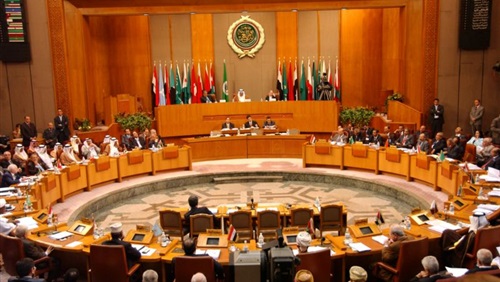In Syria, Arabs should go it alone
The Saudi rejection of the U.N. Security Council seat and its open criticism of the U.S. policy on Syria it considers inconsistent and uncaring, are surprising but necessary and urgent. A late response, weak in its timing and posturing, but significant nonetheless.
An Arab backbone is what some of us have been demanding for decades. We have repeatedly questioned why Arabs do not use their clout to affect a more balanced foreign policy from their western allies in the region. Over the years, how many U.N. meetings have Arab leaders attended?
How many U.N. resolutions have they seen Israel ignore and how many US vetoes have they witnessed without lifting a finger in protest? Arab dependence on the west in general and the US in particular to solve problems and play referee in places Arabs are better suited to handle and lead is puzzling.
Since the uprooting of Palestinians and to this day, the U.N. and all its members, especially the Arab nations, have been unable to offer a vision let alone a solution to the Palestinian-Israeli conflict. Take the Iraq wars. What position did Arabs take individually and collectively to prevent aggression by other Arab regimes or by foreign powers on their land?
The Saudi rejection of the U.N. Security Council seat and its open criticism of the U.S. policy on Syria it considers inconsistent and uncaring, are surprising but necessary and urgent. A late response, weak in its timing and posturing, but significant nonetheless.
An Arab backbone is what some of us have been demanding for decades. We have repeatedly questioned why Arabs do not use their clout to affect a more balanced foreign policy from their western allies in the region. Over the years, how many U.N. meetings have Arab leaders attended?
How many U.N. resolutions have they seen Israel ignore and how many US vetoes have they witnessed without lifting a finger in protest? Arab dependence on the west in general and the US in particular to solve problems and play referee in places Arabs are better suited to handle and lead is puzzling.
Since the uprooting of Palestinians and to this day, the U.N. and all its members, especially the Arab nations, have been unable to offer a vision let alone a solution to the Palestinian-Israeli conflict. Take the Iraq wars. What position did Arabs take individually and collectively to prevent aggression by other Arab regimes or by foreign powers on their land?
How many U.N. resolutions have they seen Israel ignore and how many U.S. vetoes have they witnessed without lifting a finger in protest?
Octavia Nasr
Following the tragic events of 9/11, many of us thought Arabs and Muslims have a unique opportunity to clean house and make every nation a safe place for citizens and an unwelcome ground for terrorists. Instead, al Qaeda grew into a much larger threat, operating as a franchise with local chapters ready to strike without a warning and causing much damage and fear. It continues to spread in suspicious areas such as Saudi Arabia, Libya, Yemen, Somalia, Iraq and now it is deploying its recruits to Syria, Jordan, Lebanon, Kurdistan, Egypt, Tunisia just to name a few of the fertile territories.
All the while, extremist Iran has built itself into a serious power broker to be reckoned with. Instead of blaming the U.S. for our woes, let’s try being responsible first. Let’s try honesty with ourselves and our people.
Let’s try to correct the wrongs we are solely responsible for. Saudi Arabia can lead and it has led before, but it has always stopped short of pushing ahead where taking risks is necessary. Qatar has been trying to play a leading role as well.
But with leadership comes responsibility and sacrifice. To lead they must now rally all Arabs around a unified position on Syria without western interference. Only then, will they start earning our respect and our ears.
This article was first published in al-Nahar on Oct. 28, 2013.


